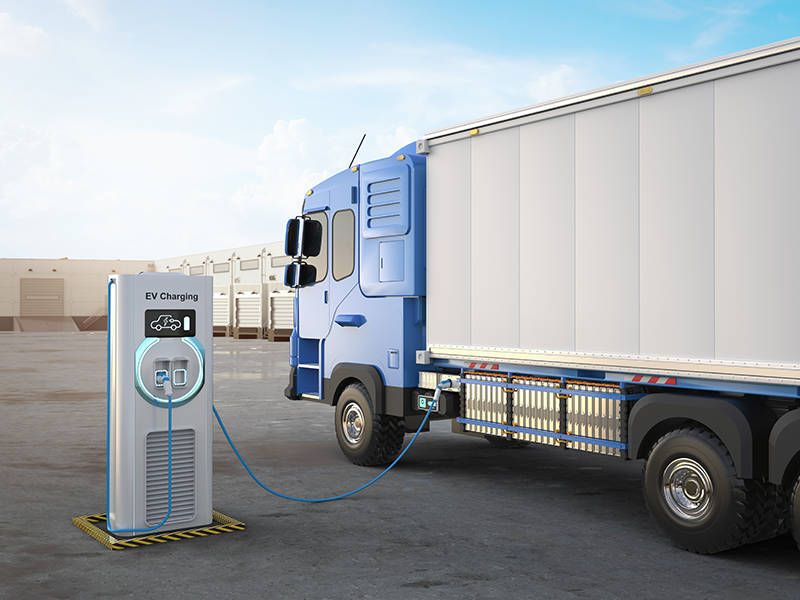Benefits of Adding Electric Vehicles to Your Commercial Fleet

Electric Vehicles (EVs) are the new buzzword in the transportation business. With the propagation of the green energy movement around the globe, businesses are converting to sustainable fleets. A wide range of models, including vans, buses, trucks, and other commercial vehicles, are now being released by manufacturers to meet the growing demand for electric vehicles. This is enabling an increasing number of businesses to switch to an electric fleet and benefit from lowering their greenhouse gas (GHG) emissions as well as operational costs.
There are some downsides in the transition to EVs as well, like electric vehicles’ battery performance suffering in cold weather, and the driving range is reduced. However, the pros exceed the cons. In this blog, we will look into all the benefits of adding electric vehicles to your commercial fleet.
Reduction in Emissions:
While in use, EVs and plug-in hybrid vehicles produce very little to no greenhouse gases (GHGs) into the atmosphere. Depending on your location, the electricity that powers them may come from a variety of renewable or non-renewable energy sources. However, a fleet of EVs releases substantially fewer GHGs and other airborne pollutants compared to a fleet of gas-powered vehicles. You can monitor the GHG emissions of your vehicles through modern fleet management software.
Making the switch to electricity is an important choice at a time when governments, customers, and other stakeholders are pressuring businesses to contribute to the battle against climate change. Despite all the other benefits of the EV fleet, a business can project environmental conservation as one of the major reasons for the switch. It can help a company in establishing its reputation as an environmentally and socially aware one, helping in positive image building.
Also Read:features-and-benefits-of-white-label-gps-tracking-software
Lower Maintenance Costs:
Even though EVs are more expensive to buy initially, their engines have fewer moving parts, making maintenance and repairs cheaper. You can avoid gearbox and exhaust system problems, oil changes, coolant flushes, and other expenses. If you compare them with combustion engine vehicles, they usually need maintenance for brakes and tires. Other than that, you have nothing else to worry about as far as the regular service and repair is concerned.
Maintenance is one of the major concerns for fleet managers. It costs a hefty amount and also requires effort and time, despite the availability of modern fleet maintenance software. Moreover, the service and repair of a vehicle also result in downtime that causes a halt in daily operations. Therefore, having an electric fleet that requires minimal maintenance is desirable for every manager.
Increases the Effectiveness of Your Fleet:
EVs are designed to offer useful data to keep your fleet operating efficiently. They are equipped with sensors that continuously track a car’s performance and provide real-time data, including mileage, charge level, maintenance status, driving efficiency, tire pressure, etc. All of this information is available to the managers on their desks with the help of modern fleet management software. With the help of this data, you can manage your fleet more effectively and have a better grasp of how your vehicles operate.
Every transport business wants to elevate its efficiency and deploy all required resources, like fleet management software, to do so. However, there are some constraints of combustion engine vehicles that are hard to cater to. Therefore, EVs can be the ideal alternative that not only reduces GHG emissions but also boosts efficiency.
Read More: Top 7 ways White Label GPS Tracking optimizes UAE Operations


